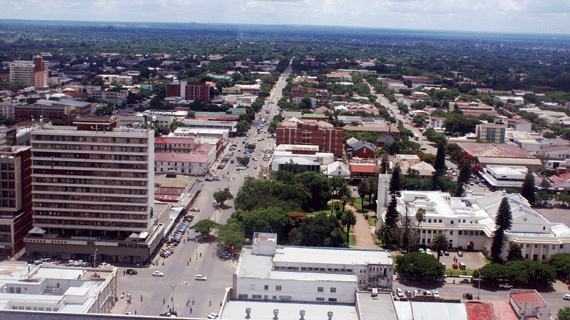
THE Confederation of Zimbabwe Industries (CZI) and the Zimbabwe National Chamber of Commerce (ZNCC) are compiling a document on special economic zones which they expect to submit to the government before the end of the year as the push to revive Bulawayo’s industries continues.
OWN CORRESPONDENT
In separate interviews with Southern Eye Business, ZNCC and CZI officials said the document was likely to be completed next month before it is forwarded to the government by year end.
ZNCC executive member Sisa Sibanda said they visited a number of companies in Bulawayo and found out most of them were operating at below 30% capacity.
“We have done company touring in companies such as National Railways of Zimbabwe, Datlabs, United Refineries, among others, to see the problems faced by companies and we found that some of them were operating below 30% capacity,” Sibanda said.
“We are working on a document of special economic zone and we want to submit it to the government after several consultations with our members.
“We are actually creating awareness so that everyone appreciates what is on the ground,” she added.
She revealed that the document would be completed by the end of May this year.
- Chamisa under fire over US$120K donation
- Mavhunga puts DeMbare into Chibuku quarterfinals
- Pension funds bet on Cabora Bassa oilfields
- Councils defy govt fire tender directive
Keep Reading
CZI Bulawayo chapter president Cletus Moyo said they were working on the same document and they expected to complete it in April.
“We are working on special economic zone document which we want to submit to the government. During our assessment we found out that some companies in Bulawayo were operating at 10% capacity and others at below 30%,” Moyo said.
The efforts of the two groups come at a time when Bulawayo is facing serious deindustrialisation, with over 100 companies shutting down while more continue to be liquidated and some placed under judicial management.
City industries need an estimated $400 million investment in the short term and close to $1 billion in the long term to fully recapitalise.
The country has been struggling to attract foreign direct investment largely due to policy misalignment – chiefly the indigenisation law which calls for foreign firms to cede 51% of their shareholding to locals and has been blamed for scaring away investment.










